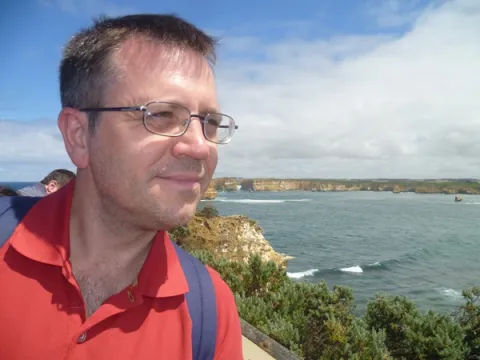About the project
A significant challenge in climate models is discretisation error: even on cutting-edge hardware it is impossible to use fine enough discretisations to resolve underlying physics, which can have a significant impact on modelling results. This project will employ cutting-edge probabilistic methods to quantify discretization error in ocean and climate models.
Climate models are critical tools in understanding the future of our environment, but as solutions to the Navier-Stokes equations they are notoriously difficult to work with due to the highly chaotic emergent dynamics, and large domain with multiple spatial and temporal scales, such as the surface of the Earth, over which they must be solved.
There have been few attempts to understand discretisation error in these models. We will rectify this using probabilistic numerical methods: numerical methods that quantify that error using a probability distribution. This could have high impact by helping analysts to refine these models by exposing sources of discretisation error within the model. Moreove, will allow modellers to quantify uncertainty in model predictions as a result of discretisation error, and consequently allowing policy-makers to make more informed decisions.
The focus of the project will be on developing new methodology which takes probabilistic numerical methods from largely limited to linear PDEs to being applicable to highly nonlinear PDEs such as Navier-Stokes. The project will involve applying techniques from statistics, data assimilation and machine learning to devise and analyse new probabilistic solvers, developing high-performance implementations of those solvers, and deploying them on HPC facilities to quantify discretisation error in chaotic phenomena such as eddy diffusivity the famous MITgcm model.
You will be joining an interdisciplinary team that spans Southampton’s schools of Mathematical Sciences and Earth and Ocean Science. The project is in a nascent area of research, in a group with strong national and international links, such as groups in UCL and the University of Tuebingen.

